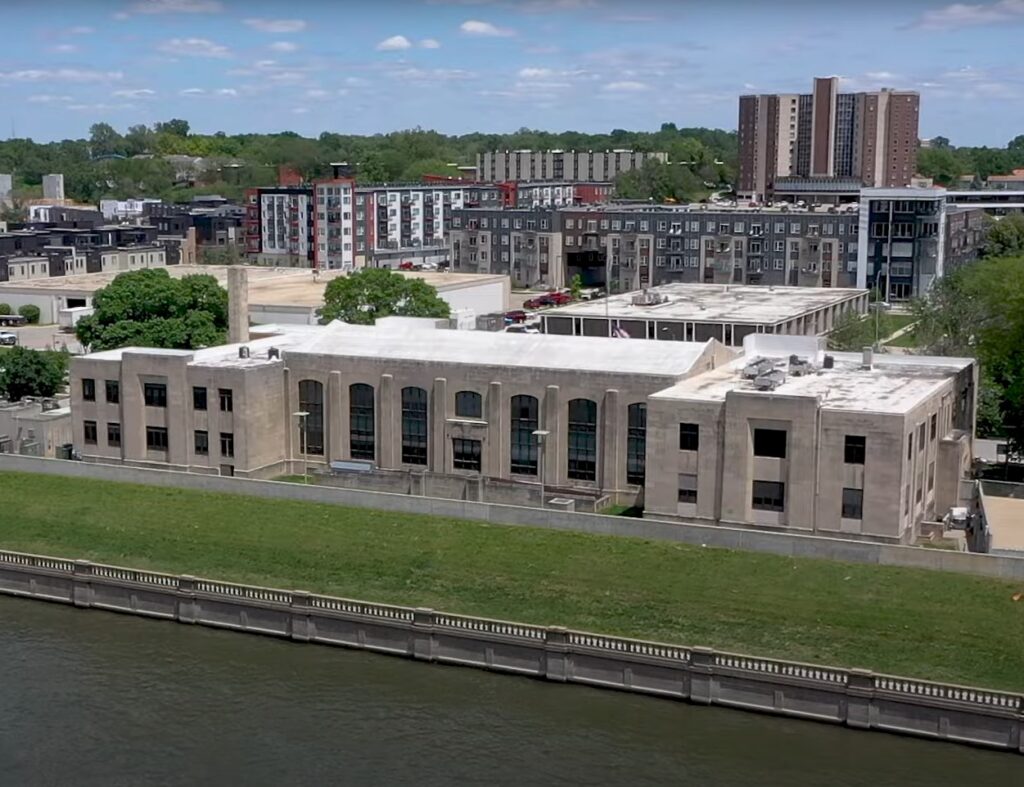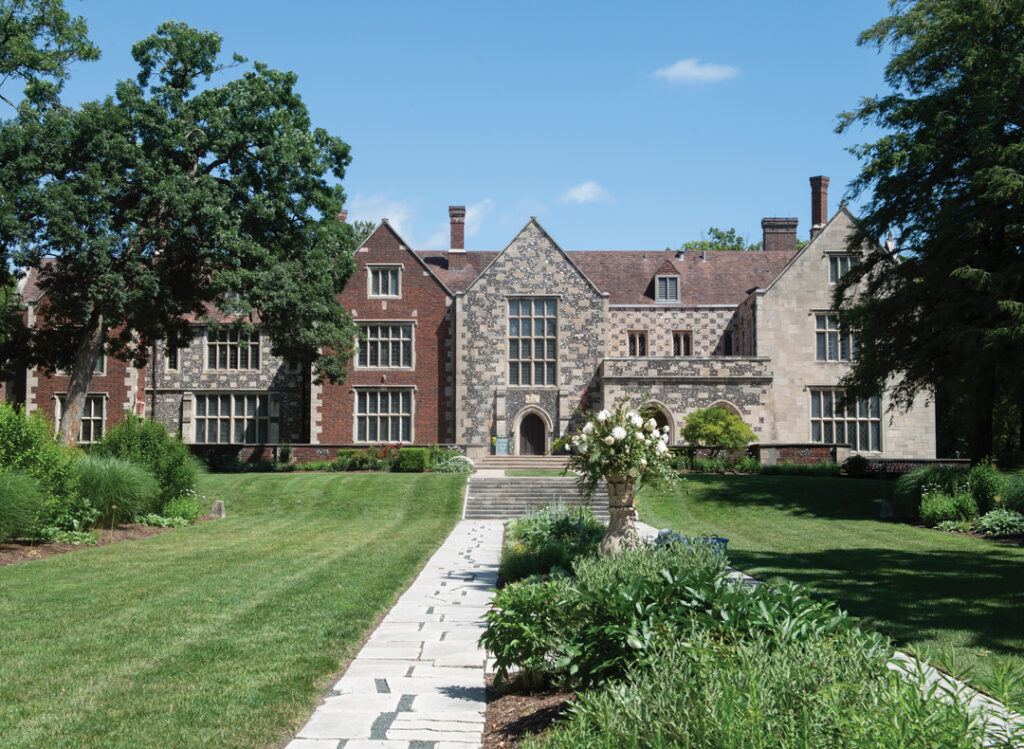Policy Pothole

PERRY BEEMAN Jan 23, 2015 | 12:00 pm
6 min read time
1,515 wordsBusiness Record Insider, Government Policy and LawThis year, the gasoline tax debate will at least look different.
Whether lawmakers finally plug a $215 million annual shortfall in the state’s road maintenance account remains to be seen.
The issue has been logjammed at the Iowa Legislature for years despite being seen as one of the most critical facing lawmakers. The state simply doesn’t have the money to complete even the most critical maintenance projects, let alone build new roads.
But lawmakers and business leaders agree that several political stars have aligned this year at least enough to get a serious debate on the issue in the session that started Jan. 12. Namely, gasoline prices are low. Lawmakers have cleared the most recent election cycle, taking away the immediate political pressure many blamed for the issue being dead on arrival last year. And, Gov. Terry Branstad has said that filling the budget gap for road maintenance is one of his top priorities. Far from threatening to veto an unpopular gas tax increase, he has encouraged discussion of various options.
In fact, the governor has raised the prospect of everything from combining a gas tax increase with changes in vehicle fees or sales taxes, to allowing local-option gasoline taxes that would raise money for local projects. In some scenarios, the gas tax would be lowered while other fees or taxes would be raised.
Then again, raising the gas tax for the first time since 1989 still amounts to a tax increase, something some state representatives promised voters they wouldn’t support. Candidates in last fall’s elections were asked to sign the anti-tax-increase Taxpayer Protection Pledge organized by the Americans for Tax Reform since the days of President Reagan’s candidacy and particularly popular among Republicans. Leaders in both the House and Senate coyly say they have members who support added spending on roads, and some who have no interest in raising taxes or user fees, but they won’t say how many.
The interested parties range from the Associated General Contractors of Iowa, representing road builders, to the Iowa Motor Truck Association, always there to support better roads for truckers. The Iowa Association of Business and Industry listed the issue as one of its priorities. Chambers of commerce see the roads as critical to economic development.
“We have been advocating for an increase in the gas tax as a long-term solution,” said Scott Newhard, executive vice president of the contractors group. Raising the tax 10 cents per gallon might be simplest, but the group would support alternative approaches such as a smaller tax increase combined with changes in registration fees, Newhard said.
“We’re interested in a comprehensive, long-term solution that can pass the Legislature,” Newhard added. “I think there is a lot of talk up here about needing to get this addressed.”
Senate Majority Leader Michael Gronstal said there is no doubt it’s a serious issue that needs to be addressed. He seems to lean toward a simple 10-cent increase in the gas tax, in part because out-of-staters would help pay the tab. He is a not a fan of other fee schemes because only Iowans would pay those.
“I am open to suggestions as long as the suggestions don’t mean that Iowans pay more so those out of state can pay less,” Gronstal said.
In addition, Gronstal said, any deal has to be fashioned in a bipartisan way so one party doesn’t get blamed for trying to raise taxes.
“There is a significant number of people in all four caucuses who are interested in dealing with our crumbling roadway infrastructure, and you might see that by my use of the word ‘crumbling’ that I am one of those people,” said Gronstal, a Democrat from Council Bluffs. “We’re very open. We have not looked into any one plan.”
House Speaker Kraig Paulsen, a Republican from Hiawatha, said the road maintenance spending debate remains sensitive. “It’s a little bit hard to predict,” Paulsen said. “Every caucus has members who support (a gas tax increase) and every one has members who oppose it.”
The shortage of construction cash has led some local governments to sell bonds to raise money for bridges, for example. That has shifted hundreds of millions of dollars worth of expenses to property taxes at a time when the state has tried to lighten the property tax burden.
Paulsen said two general proposals have emerged in the debate:
* Raise the per-gallon tax by 10 cents over three years.
* Lower the per-gallon tax and add a special sales tax on gasoline.
It is unlikely that the gas tax debate will end up being part of a “grand bargain,” because many lawmakers want to deal with the issue separately, Paulsen said. They also would like to address it early in the session.
Iowa State University economist Dave Swenson said the proposed 10-cent gas tax increase wouldn’t cost Iowans as much as they think. If you drive 20,000 miles a year and your vehicle averages 25 miles a gallon, the tax would add $80 a year to your fuel spendinng. Someone driving 30,000 miles, averaging 10 miles a gallon would shell out an extra $300 a year.
Swenson said a gas tax increase is urgent now. “The gas tax has not been adjusted for a very long time, and the consequences of that have been pretty harsh for the state’s road infrastructure,” Swenson said. “An increase is overdue, and there is broad-based support among a wide range of interests in the state of Iowa.”
The current tax is 21 cents a gallon for regular, 19 cents for ethanol and 22.5 cents for diesel. The Legislative Services Agency estimates that a 10-cent increase would generate $1.6 billion over nine years.
Polls have shown that an increase would be highly unpopular with motorists, which is one reason the issue has been a perennial nonstarter. An Iowa Poll by The Des Moines Register in February 2014 found that 58 percent of Iowans were against a proposed 10 cents per gallon increase in gas taxes over three years to help pay for road and bridge repairs, and 40 percent were in favor. The rest weren’t sure.
Swenson said motorists need to consider those safety issues and the potential damage to their vehicles. Although people may not want to pay more in taxes, they are likely already paying more in car repairs.
“I caution people to think about the wear and tear on their car, suspension, shock absorbers, all the other parts that get rattled about and broken, and the things that happen to vehicles because of potholes,” Swenson said. “We are doing more damage to our vehicles on an annual basis than the cost of the increase in taxes.”
In addition to a tax increase, lawmakers may need to consider other ways to make sure all motorists are paying their fair share, Swenson said. Iowans with hybrid and electric cars avoid paying fuel taxes or pay less than other motorists driving just as many miles. One option would be to restructure license fees based on the size and value of the vehicle as well as miles traveled, Swenson said.
Sen. Matt McCoy, a Des Moines Democrat who serves on a key transportation budget committee, said he expects talk about changing the gas tax, applying a special vehicle sales tax and increasing registration fees. Part of the issue is that a straight gasoline tax wouldn’t generate enough revenue as vehicles are becoming more fuel-efficient and some Iowans are driving less, but the roads still need to be paved.
McCoy added that Branstad’s willingness to look at various sources of money helps. But he expects passing something will be a tall order when many House members pledged not to raise taxes. McCoy has heard that fewer than two dozen House members say they are willing to raise the gas tax, for example, far from a majority.
“If the governor wants to do something on the fuel tax, lord knows he can get it done,” McCoy said. “Is he willing to go to the wall for it? That is what it is going to take.”
ISSUE SUMMARY
History:
The gasoline tax was last increased in 1989. The past couple of sessions, the shortfall in the road maintenance budget has been acknowledged as critical, but election pressures appeared to put the kibosh on any serious discussion.
Who’s in favor?
Among those calling for some kind of solution to the budget shortfall are the Greater Des Moines Partnership, the Iowa Association of Business and Industry and the Iowa Chamber Alliance.
Odds:
No one seems to have a strong betting line on this politically touchy subject. However, leaders acknowledge that the issue is critical and say they want to dispose of it early in the session.
Democratic position:
Varies, but Senate Majority Leader Michael Gronstal supports a 10-cent gas tax increase, the first since 1989.
Republican position:
Varies, but House Speaker Kraig Paulsen expects discussion about several possible funding scenarios.
Governor’s position:
Gov. Terry Branstad called finding a solution to the $215 million a year shortfall in road maintenance money a top priority for this session.









